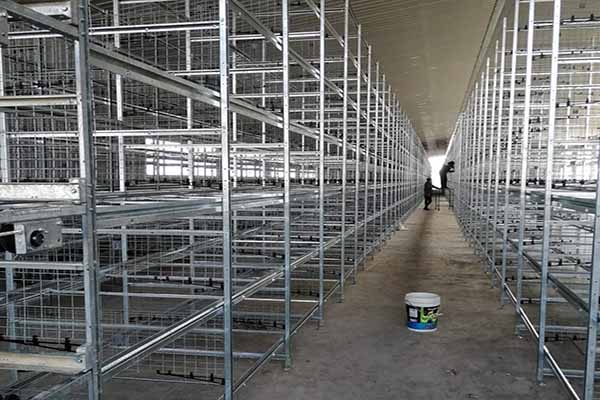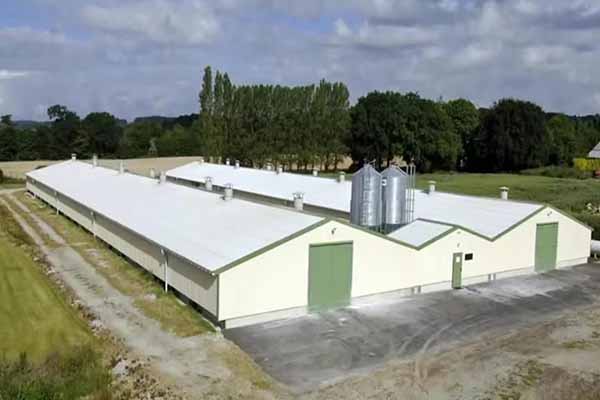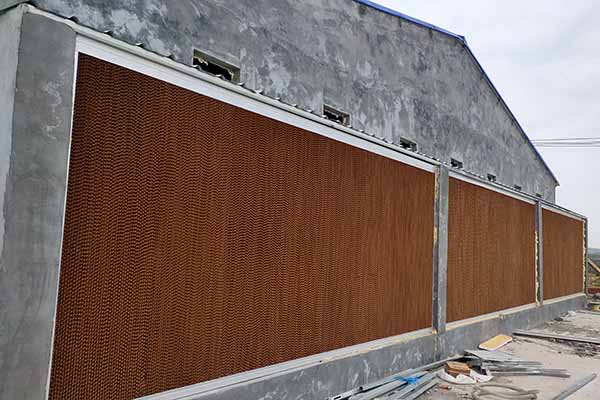How to Clean Poultry Cages Efficiently: A Guide for Chicken Farm Owners and Investors
Efficient cleaning of poultry cages is crucial for maintaining a healthy and productive chicken farm. Poor hygiene can lead to disease outbreaks and reduced egg production. In this article, we will discuss the best practices for cleaning poultry cages, including time-saving techniques and the use of appropriate equipment.
Best Practices for Cleaning Poultry Cages
- Regular Cleaning Schedule: Establish a regular cleaning schedule to ensure that cages are cleaned consistently. A weekly cleaning routine is often recommended.
- Use of Proper Equipment: Invest in high-quality cleaning equipment such as brushes, shovels, and squeegees to make the process more efficient.
- Disinfection: Use a disinfectant that is safe for poultry and effective against common pathogens. Ensure that the disinfectant is applied according to the manufacturer’s instructions.
- Composting Manure: Properly manage manure by composting it to reduce odor and potential disease transmission.
- Remove Debris: Regularly remove debris such as feathers, feed, and droppings to prevent the buildup of waste and the attraction of pests.
Time-Saving Techniques
Implementing the following techniques can help save time and effort during the cleaning process:

- Pre-Cleaning: Remove any large debris or waste before starting the cleaning process to make it more manageable.
- Group Cleaning: Clean multiple cages simultaneously by dividing the work among employees or using automated systems.
- Use of Automation: Consider investing in automated cleaning systems that can significantly reduce the time and labor required for cleaning.
- Training Staff: Ensure that all staff members are properly trained on the cleaning process and safety protocols.
Benefits of Efficient Cleaning
| Aspect | Benefits |
|---|---|
| Health | Reduces the risk of disease outbreaks and improves flock health. |
| Productivity | Improves egg production and overall flock performance. |
| Cost-Effectiveness | Reduces costs associated with disease treatment and replacement of sick birds. |
| Regulatory Compliance | Ensures compliance with industry standards and regulations. |
Efficient cleaning not only contributes to the well-being of the chickens but also to the financial success of the farm.

Conclusion
Implementing an efficient cleaning routine is essential for any chicken farm. By following the best practices outlined in this article, farm owners and investors can ensure a healthy and productiv e flock. If you are interested in improving your farm’s cleaning process, contact us for a free chicken farming design and equipment quotation.
e flock. If you are interested in improving your farm’s cleaning process, contact us for a free chicken farming design and equipment quotation.




